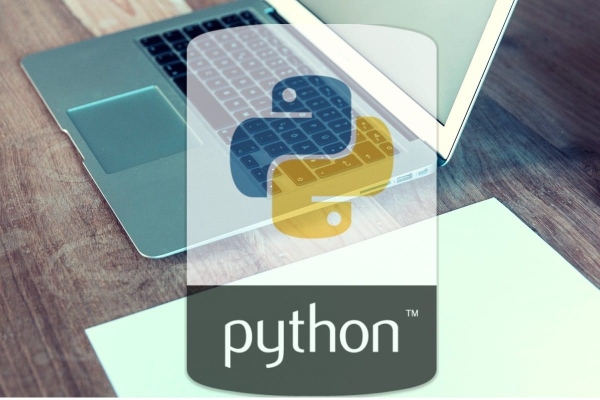The food and beverage industry constitutes numerous sub-divisions, including dairy, meat & poultry, edible oil, packaged food, beer, organic food, fresh produce, cold drinks, etc. It is the largest sector in the process manufacturing market. It wouldn’t be wrong if we call it a thriving industry that encounters challenges, which act as barriers to its growth and progress. Microsoft Dynamics AX experts have released several ERPs intended with fine functionalities that aid in business growth.
The food and beverage manufacturers have thin margins and need to deal with changing demands of the consumers, fierce competition, strict regulatory and food safety requirements, etc. It is getting critical for the bulk and small-scale manufacturers to make cost-effective products that pass the quality check, scale the efficiency to boost productivity, enhance profit margins, and meet the expectations of the consumers.
To acquire success in every division, the industry is more likely to invest in ERP software. The software solutions not only help the industry people to achieve all the requirements and routine manufacturing operations, but also provide support of product management, batch scalability, reverse bill of materials, dynamic packaging options, etc.
Critical things about ERPs to know
ERP system can help document, including a recall plan, sanitation processes, a food allergen control program, supplier verification activities, environmental sampling testing. For deploying and leveraging features of ERP software, food and beverage manufacturers need to achieve a high level of traceability to better handle their routine operations.
The best food ERP system is designed with best process visibility, which will allow the industry people to meet their strict standards and avoid delays during product demand.
What features you should be looking into a useful ERP?
There are total five features that must be included in ERP model designed for food and beverage industry.
- Electronic Document Management
ERP system is not an end to end process management system, but also a main repository for notes, documents and interactions for the company. When the sales team interacts with the consumer, a list of documents in the form of invoices, proposals, notes, etc. made. They find it hard to store even online because these documents are not accessible to anyone. This creates communication trouble and misunderstandings.
ERP is designed to manage all sorts of transactions. It is a tool that deals with inventory, delivery, orders, taxes, bank services, purchase, etc.
- Recall management
The process of recall management in food and beverage industry includes different stages. ERP solution helps industry people to carry out each stage without making errors. ERP software can simplify the process in three ways. These are as under-
- It makes consumer issue management easier
- Fast resolutions
- Making of notes in the aftermath
Recall management feature offers benefits like – low costs, impact mitigation, reputation management, and regulatory requirements.
- Recipe management
Recipe management is a critical concern for food and beverage manufacturers. They have to imply tight control over recipes or formulas to ensure that no one can steal them or tempered them to ensure product consistency, traceability, and quality. ERP system can help them with receipe management.
The right ERP solution can alter the recipes by copying them from older recipes and make slight changes to create a new product.
- Bill of materials
BOM or Bill of Materials is the thing that manufacturers have to deal with everyday. If you own any manufacturing company, you must know about the struggle of organizing your BOM. “ERP to the rescue” – is here for the reason. Reliable and intact ERP model meets your BOM management requirements.
Bill of Materials is a significant part of the quality and control systems. Managing BOM with ERP system can enhance inventory flow, material planning, and bring great strategic advantages for the business.
- Traceability audit trials
Meeting the need of tracking and tracing the history and location of every unit, ongoing operation, and finished products inventory can take manufacturers to a distinct competitive advantage. When they integrate ERP to the routine operations, they get a precise and unassailable record of operational processes.
Audit trails initiate a detailed, consistent and traceable description of the production processes. ERP systems offer a centralized system to manage the entire data.
How to be sure that Microsoft Dynamics AX solutions implementation can bring success to business?
It is possible if you keep an eye on the clock and don’t let it rule you. It will be done if you ensure that you are ready for downtime and testing phases and won’t ignore them. You will get success when you are able to distinguish between time wasted and time invested in ERP implementation.
About Author :
James Warner is an highly skilled and experienced software in Microsoft dynamics AX company and mobile application system development manager at Nex Software. He has wide experience in IT industries to develop creative business system based on Java, .Net, Python, Dynamics AX, iOS, Magento and Android.




















